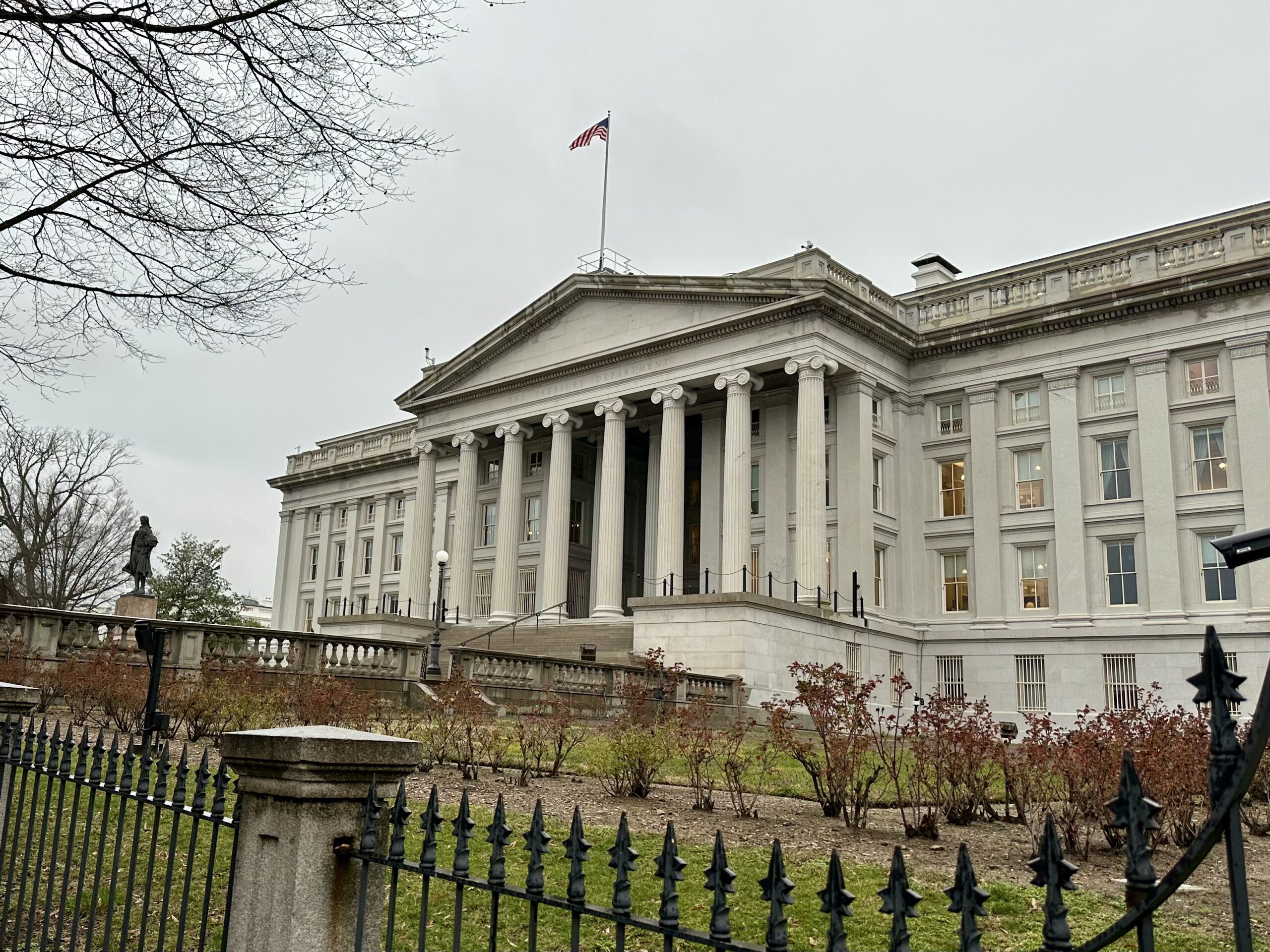
The joint Treasury and IRS Initial 2025-2026 Priority Guidance Plan was released on September 30, 2025. The Plan contains 105 guidance projects that are priorities for allocating Treasury Department and IRS resources during the 12-month period from July 1, 2025, through June 30, 2026. The following are the projects that may be of importance to tax-exempt organizations with some additional commentary in bracketed italics (all section references are to the Internal Revenue Code):
ONE, BIG, BEAUTIFUL BILL ACT IMPLEMENTATION
Regulations under §2010 regarding extension and enhancement of increased estate and gift tax exemption amounts and related issues.
Guidance under §4960 regarding excess compensation paid by applicable tax-exempt organizations, including the expanded definition of “covered employee.
Guidance under §§1400Z–1, 1400Z–2, 6039K, 6039L, and 6726 regarding permanent renewal and enhancement of opportunity zones, including required information reporting.
Regulations under §4968 regarding excise tax based on investment income of certain private colleges and universities.
DEREGULATION AND BURDEN REDUCTION
Regulations under §6104 regarding the place for public inspection of materials relating to tax-exempt organizations, pensions, and other plans.
Regulations under §4945 regarding expenditure responsibility requirements.
Final regulations under §4966 regarding donor advised funds, including excise taxes on sponsoring organizations and fund management. Proposed regulations were published on November 14, 2023. [The proposed regulations elicited a good number of comments reflecting some significant problems, including for fiscal sponsors – see, e.g., Fiscal Sponsorship & Proposed DAF Regs?]
Guidance concerning the reporting of charitable contributions of trusts under §6034.
Regulations under §6104 regarding the place for public inspection of materials relating to tax-exempt organizations, pensions, and other plans.
SECTION 501(c)(3) ISSUES
Guidance on the application of the fundamental public policy against racial discrimination, including consideration of recent caselaw, in determining the eligibility of private schools for recognition of tax-exempt status under §501(c)(3). [As feared, this may signal that the definition of “fundamental public policy” as used to revoke 501(c)(3) exemption will be broadened far beyond its extremely limited application in the past. See, e.g., Ellen Aprill on Revoking Tax-Exemption for Pursuit of DEI.]
Guidance on the statutory prohibition in §501(c)(3) against participation or intervention in political campaigns (the “Johnson Amendment”). [With President Trump and the Republican Party having a history of opposition to the Johnson Amendment, it will be interesting to see how they intend to except 501(c)(3) churches from the electioneering prohibition and argue that it is both within the executive branch’s authority and Constitutional. See, e.g., Churches and Electioneering.]
DEI and Public Policy
Earlier this year, I wrote the following about violations of fundamental public policy as a basis of revoking an organization’s 501(c)(3) status:
Precedent also exists for the revocation of 501(c)(3) tax-exempt status based on violations of established fundamental public policy. See, e.g., Rev. Rul. 71-447 (“all charitable trusts, educational or otherwise, are subject to the requirement that the purpose of the trust may not be illegal or contrary to public policy”); … Bob Jones University vs. United States, 461 U.S. 574 (1983) (racially discriminatory policies of schools cannot be charitable – Two part test: (1) Is there a public policy against a particular activity? (2) Is the public policy so fundamental as to require the denial or revocation of exempt status for organizations participating in that activity?). While revocations based on violations of public policy are exceedingly rare, House Republicans raised the issue last year in a letter to the IRS Commissioner regarding their “growing concern surrounding the influence of America’s foreign adversaries, including the Chinese Communist Party (“CCP”), on U.S.-based tax-exempt organizations.” One of the questions asked of the IRS Commissioner in the letter: “If in practice a tax-exempt organization operates to promote conduct that is counter to public policy, is that grounds for revocation of tax-exempt status?”
In determining that there was a fundamental public policy against racial discrimination, the Court in Bob Jones considered the unanimous decisions from all three branches of the federal government. It seems likely that the Administration will take the position that the 2023 Supreme Court decision in Students for Fair Admissions v. Harvard, regarding the constitutionality of race-based affirmative action in admissions, has somehow made “fundamental” the much broader public policy that race cannot be used as a positive or negative factor in myriad ways, even if it is intended to address systemic and structural racism and to create stronger, healthier, and community-oriented institutions. Professor Aprill’s article referenced above convincingly describes the counterargument and concludes that “new public policy does not create a fundamental public policy under Bob Jones.” See also What’s Up With DEI?
Johnson Amendment / Political Campaign Intervention
We have written several posts and amplified several articles over the years about the Johnson Amendment and the 501(c)(3) prohibition on political campaign intervention, including here and here. Based on the highly controversial IRS stance in the National Religious Broadcasters case, it seems fair to assume that the guidance described in the Priority Guidance Plan will implement an exception to the statute for churches unless the courts ultimately determine that such an exception is not within the executive branch’s authority or that it would be unconstitutional to limit an exception to churches.